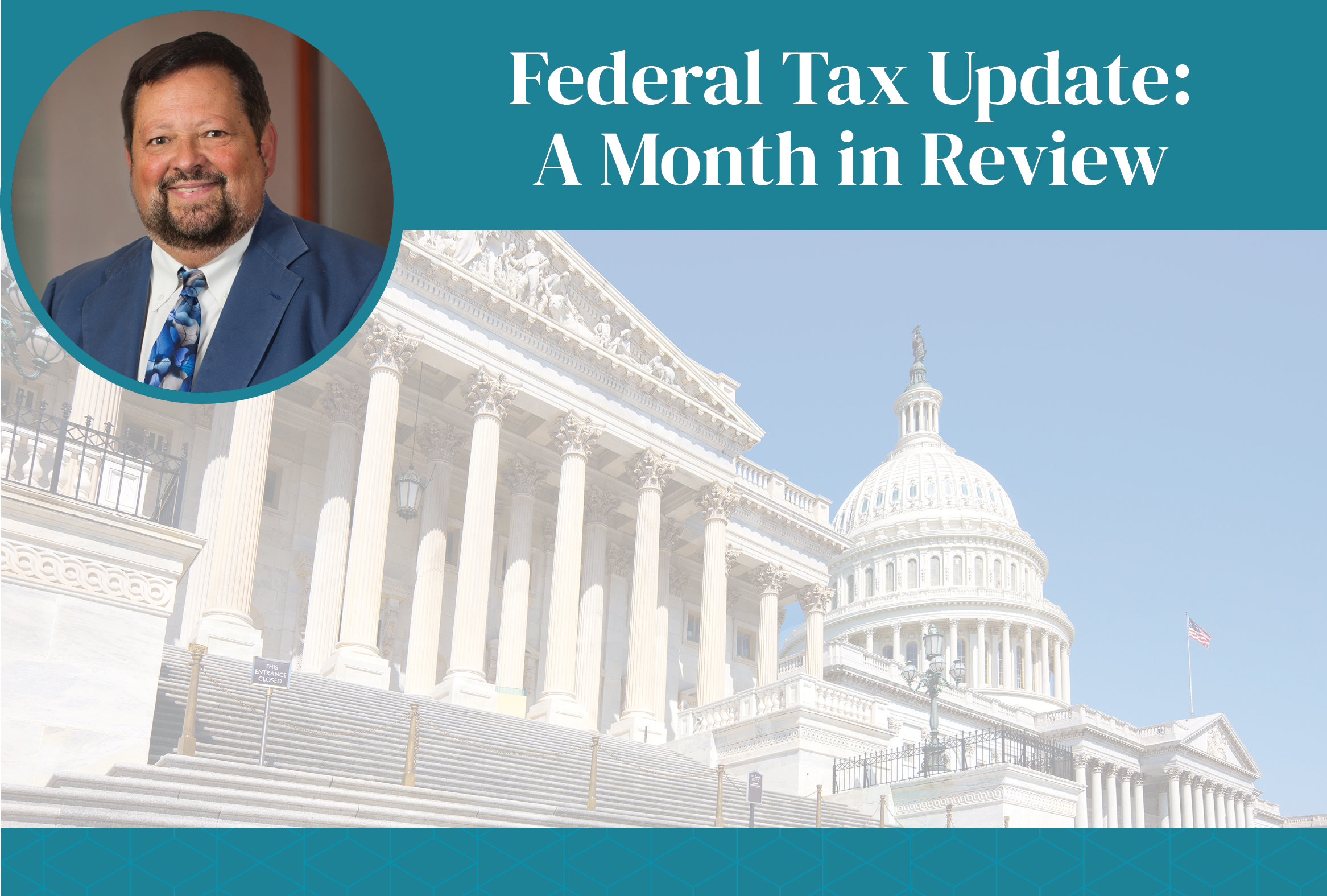May 1st, 2018
IRS to End Offshore Voluntary Disclosure Program (OVDP)
Posted in: Tax Law Tagged: Mark W. Schweighofer
Author: Mark W. Schweighofer

In IR-2018-52, the Internal Revenue Service (IRS) announced that it would be ending the 2014 Offshore Voluntary Disclosure Program (OVDP) on September 28, 2018. Since the original 2009 program launched, more than 56,000 taxpayers have used the OVDP program to come into compliance, paying more than $11.1 billion in back taxes, interest and penalties in the process. The IRS indicated that the end to the OVDP reflects advances in third-party reporting and increased awareness by U.S. taxpayers of their offshore tax and reporting obligations. The end of the OVDP is extremely significant for taxpayers who continue to hold reported foreign assets (bank account, mutual funds, retirement accounts, etc.) as it eliminates a popular option to come back into compliance. The IRS has long indicated that taxpayers who fail to take advantage of the compliance alternatives can expect little leniency in the event of an audit. Accordingly, it is critical that impacted taxpayers act quickly before the OVDP closes.
The IRS Criminal Investigations Unit continues to list international tax compliance as one of their primary priorities for 2018 and beyond. Starting with the UBS tax evasion controversy in 2007, the subsequent rollback of bank secrecy through the Swiss Bank Program and whistleblower and voluntary disclosure programs like OVDP, the IRS has collected a tremendous amount of data on the accounts of U.S. persons held outside the United States. For individuals with undisclosed foreign assets, OVDP is designed to provide protection from criminal liability and definite terms for resolving their civil tax and penalty obligations.
What Now?
This is the third iteration of the OVDP. Each time prior, a successive program was announced with higher civil penalties. There is no guarantees that a new framework will exist and, with information sharing between the IRS and foreign banks at an all-time high, taxpayers need to make a difficult decision about coming into compliance prior to September 28.
In the same notice, the IRS announced that the Streamlined Filing Compliance Procedures would remain in place for qualifying taxpayers. In order to qualify for the Streamlined Filing Compliance Procedures, a taxpayer’s failure to report assets and to file required information returns must be due to nonwillful conduct. Taxpayers who are U.S. residents are subject to a 5% penalty; nonresidents may escape all penalties. As with OVDP, the IRS has said it may end the Streamlined Filing Compliance Procedures program any time.
Please contact a member of Stein Sperling’s tax department at 301-340-2020 should you have any questions regarding a foreign assets and income reporting with respect thereto, foreign bank account reports (FBAR) or the various IRS compliance initiatives for unreported foreign assets.





